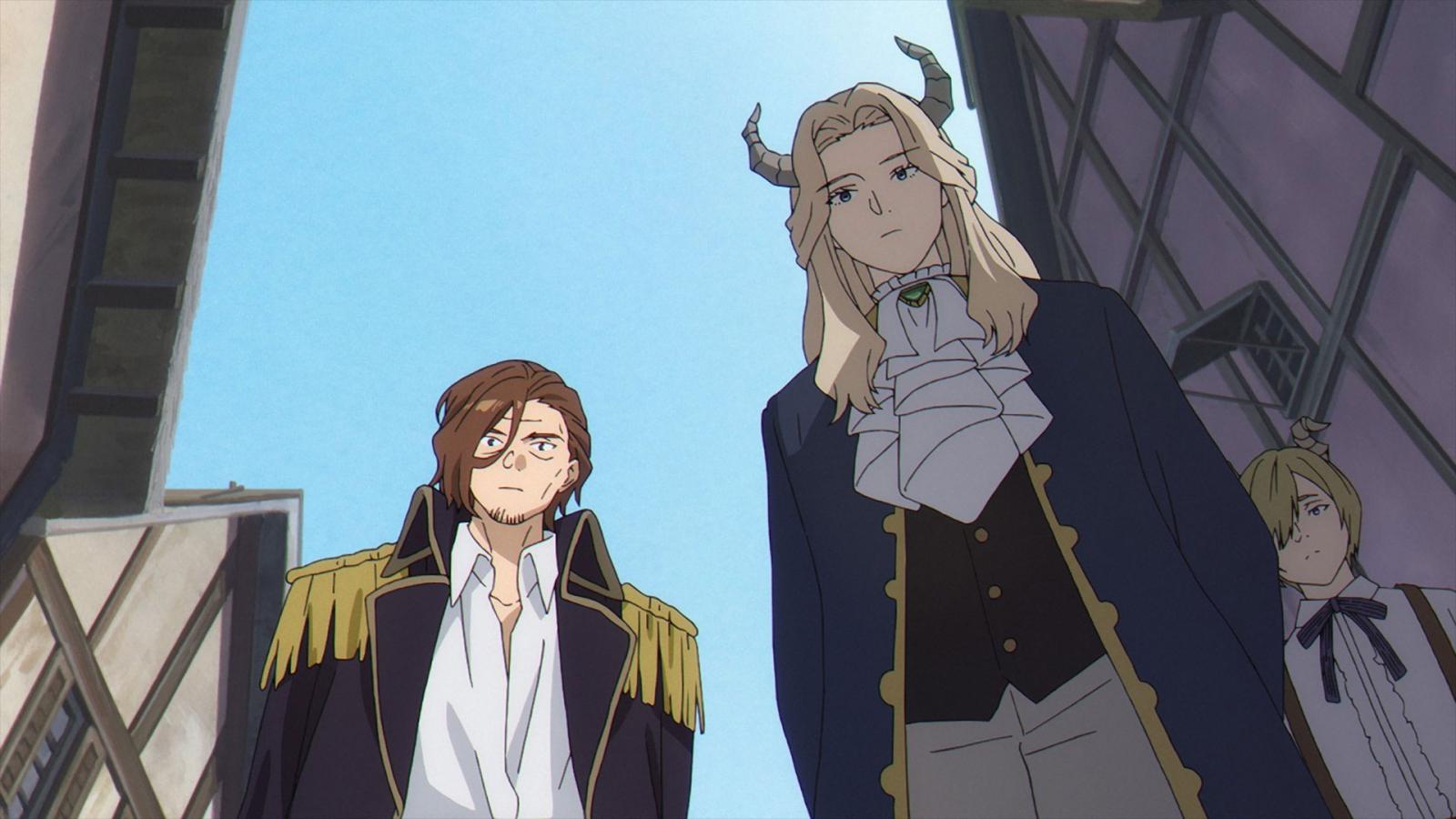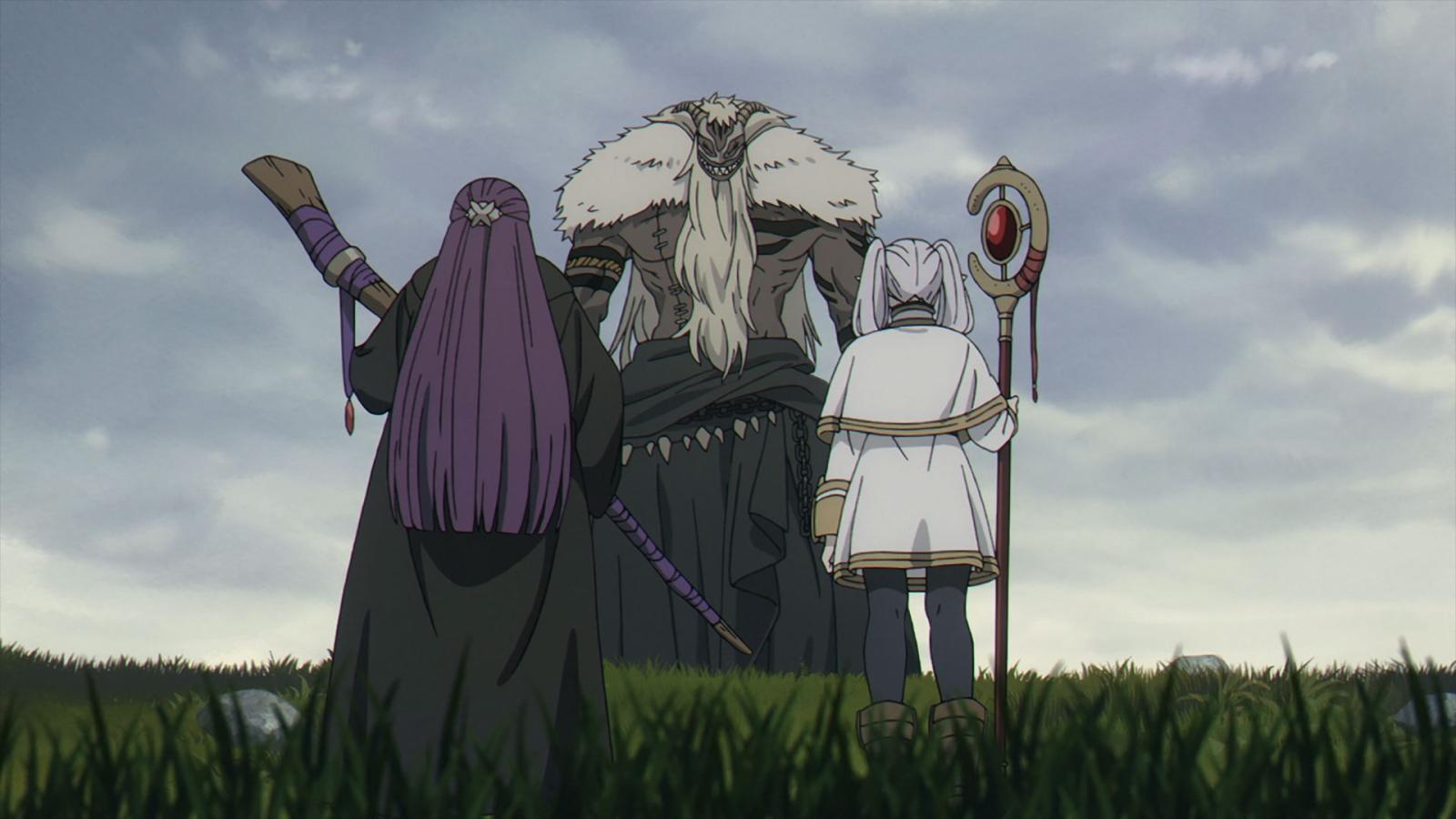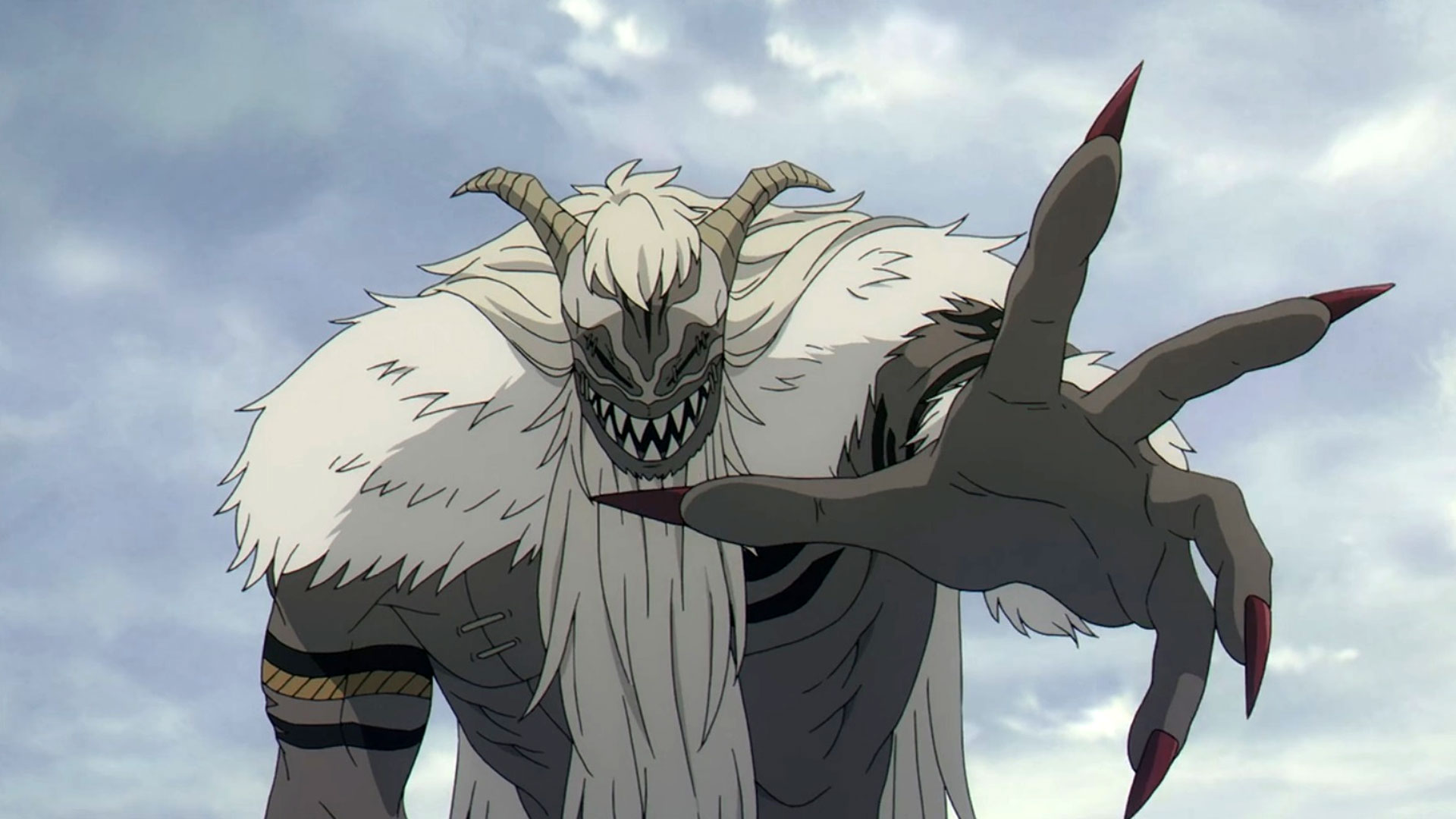If you are used to demons being just like humans, Frieren’s bestiary will surprise you.
Summary
- People are used to demons being capable of living with humans as long as they talk out their differences. However, in Frieren, demons are not a race; they are a type of monster, and talking to them is useless.
- Demons do not have to look monstrous, but they often choose to.
- Demons are not devoid of emotions but their experiences make them unable to empathize with humans.
- All the demons in Frieren seem to be evil, which is refreshing for a fantasy genre.
Different types of races receive very diverse representation throughout the media. However, in Frieren: Beyond Journey’s End (Sousou no Frieren), demons are not quite a race of people. They are mostly a type of monster, which, unfortunately, looks and talks as if they were a human-like race.
Some spoilers are ahead; come back after watching the anime!
Frieren’s Take on Demons

Frieren’s Demons do not all appear the same. For instance, Lügner looks like a human and just has some horns. Others, such as Qual, allow their appearance to significantly differ from an average human. What unites demons is that their experiences do not let them be human. They are not taken care of by their parents, and as a result, do not understand human relationships, as well as many of human emotions. They are very self-serving, which often makes them evil, refreshingly evil, one may say, for a fantasy story.
It is shown very extensively in episode 7 that demons do not understand human emotions. In Frieren’s flashback, demons call for their parents when faced with human anger. However, they don't really have parents like humans do, which means that they don't understand the meaning of parenthood or family. They use the words, as the demon girl in Frieren’s flashback says, because it makes humans hesitate to attack them.
A more grown-up version of the same trick is done by Lügner when Graf Granat threatens to kill him to avenge Graf's son, who died in battle with demons. Lügner lied that his father had also died in a battle with humans and suggested finding common ground based on their shared grief. Lügner, however, never had a father to care for him, so his words are later revealed to be a lie. Given that Lügner means “liar” in German, it is not exactly a twist.
But Could They Coexist With Humans?

It should be mentioned that demons do not have to eat human flesh. They, furthermore, do seem to be capable of some emotion; for example, Qual wanted to take revenge on Frieren for killing the Demon King. But that is clearly not the type of emotion that can help demons to integrate into human society.
Frieren’s flashback shows that the demon girl either could not understand what was expected from her or could not control her demonic urges. She killed the kind man who fostered her so that she could “return” his daughter to the family that she had deprived of a child. It could be a genuine effort to make amends, but it was clearly a wrong thing to do. The fact that the demon girl could not understand that means that there is no common ground between humans and demons in Frieren’s universe.

